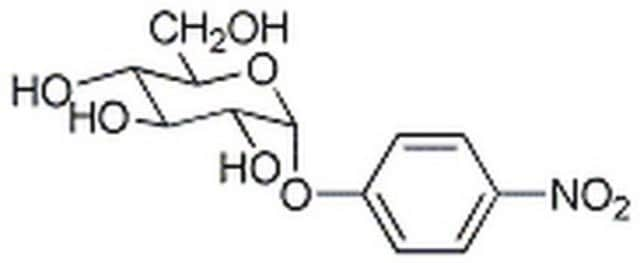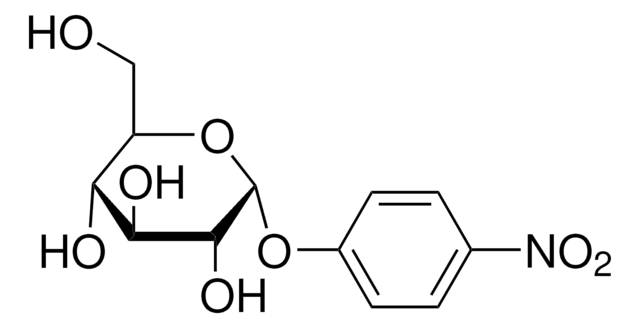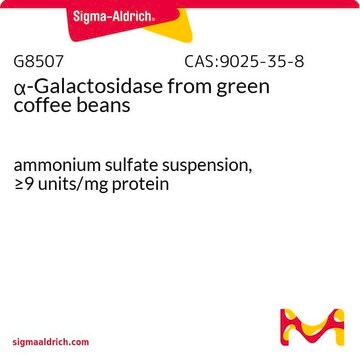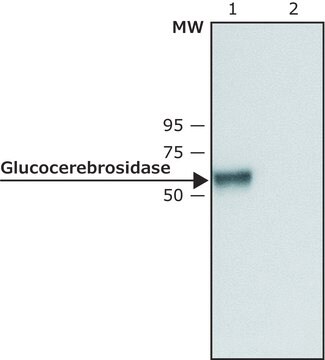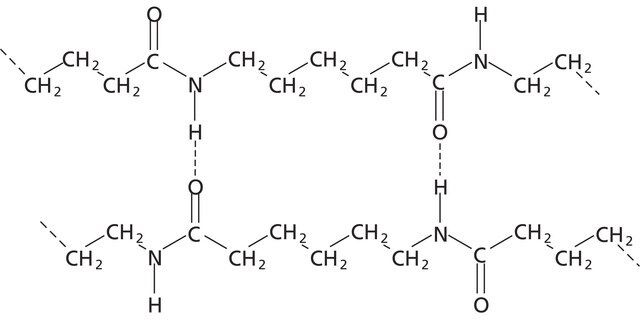MAK129
β-Glucosidase Activity Assay Kit
sufficient for 100 colorimetric tests
Synonym(s):
Beta-Glucosidase Assay Kit
About This Item
Recommended Products
usage
sufficient for 100 colorimetric tests
detection method
colorimetric
relevant disease(s)
neurological disorders; gastrointestinal diseases; hematological disorder
storage temp.
−20°C
Gene Information
human ... GBA(2629) , GBA2(57704) , GBA3(57733)
mouse ... GBA(14466) , GBA2(230101)
rat ... GBA(684536) , GBA2(298399) , GBA3(289687)
General description
Application
Features and Benefits
Suitability
Principle
Storage Class
12 - Non Combustible Liquids
Certificates of Analysis (COA)
Search for Certificates of Analysis (COA) by entering the products Lot/Batch Number. Lot and Batch Numbers can be found on a product’s label following the words ‘Lot’ or ‘Batch’.
Already Own This Product?
Find documentation for the products that you have recently purchased in the Document Library.
Customers Also Viewed
Our team of scientists has experience in all areas of research including Life Science, Material Science, Chemical Synthesis, Chromatography, Analytical and many others.
Contact Technical Service



